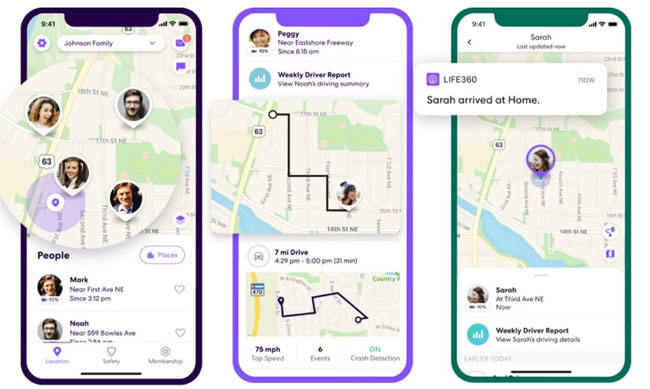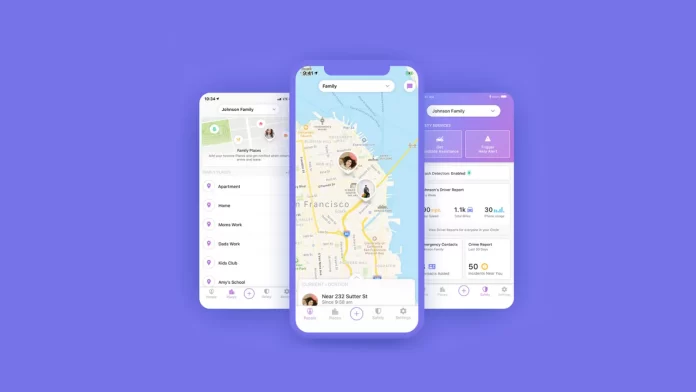Life360 is a popular location-sharing app that offers a range of features aimed at enhancing safety and communication within families. While it has its advantages, it’s essential to explore potential drawbacks that may impact users differently. In this article, we’ll delve into both the positive and negative aspects of Life360 to help you make an informed decision.
The Downsides of Life360:

1. Privacy Concerns:
Sharing your location constantly through Life360 may raise privacy concerns, particularly for older children or adults seeking independence. The constant monitoring can lead to feelings of intrusion and erode trust within relationships.
2. Potential for Misuse:
One notable drawback is the potential for misuse, especially in unhealthy relationships. The app’s features could be exploited for stalking or controlling behavior, allowing abusers to exert power and limit freedom.
3. Battery Drain:
Life360 is notorious for being a battery hog, especially when real-time location tracking is enabled. This can be inconvenient and frustrating for users who rely on their phones throughout the day.
4. Accuracy Issues:
The app’s location tracking isn’t flawless, with factors like weak signals or GPS limitations contributing to inaccurate readings. This can result in unnecessary worry or confusion for users.
5. Subscription Cost:
While basic features are free, accessing premium functionalities such as crash detection and driving insights requires a paid subscription. This cost may be a deterrent for some users who don’t find these extra features essential.
Weighing the Pros and Cons:
Whether Life360 is “bad” or “worth the cost” depends on individual needs and priorities. Here’s a breakdown of the pros and cons to help you decide:
Pros:
- Enhanced safety: Real-time location sharing, crash detection, and emergency SOS features can provide peace of mind for families and individuals.
- Improved communication: Stay connected with loved ones and easily see their whereabouts.
- Driving insights: Monitor driving habits and receive alerts for speeding, braking harshly, and other risky behaviors.
- Place alerts: Get notified when someone arrives or leaves a specific location, like school or home.
- Find lost items: Integrate Tile trackers to locate keys, wallets, and other belongings.
- Free basic plan: Access core features like location sharing and two days of location history without paying.
Cons:
- Privacy concerns: Sharing your location constantly can raise privacy issues, especially for teenagers or young adults.
- Battery drain: The app can be a battery hog, especially when using features like real-time location tracking.
- Subscription cost: Premium plans with additional features like crash detection and driving insights require a monthly or annual subscription.
- Potential misuse: There have been instances of the app being misused for stalking or controlling behavior.
Additional factors to consider:
- Who will be using the app: Consider the age and comfort level of everyone involved with sharing their location.
- Alternatives: Explore other location-sharing apps or built-in features on your phone that might offer similar functionality.
- Your budget: Decide if the premium features are worth the additional cost for your needs.
Ultimately, the decision of whether Life360 is right for you is a personal one. Weigh the pros and cons carefully and consider your individual needs and priorities before making a decision.
